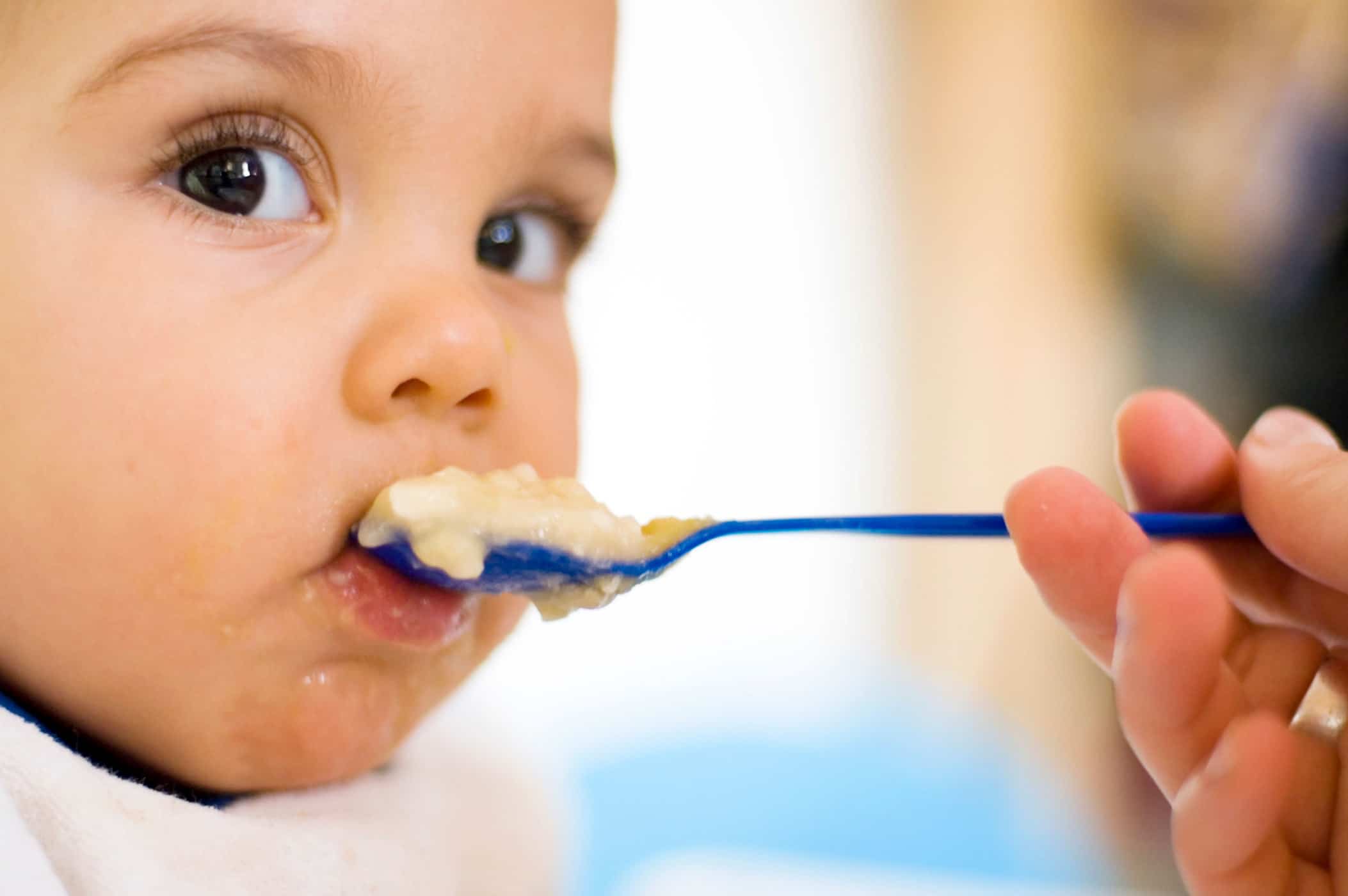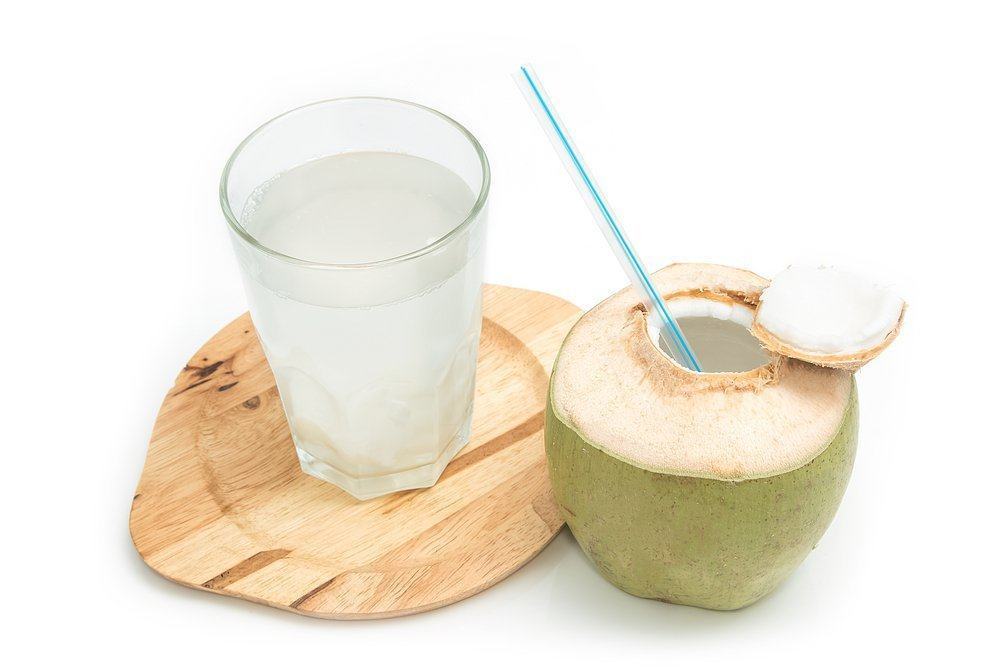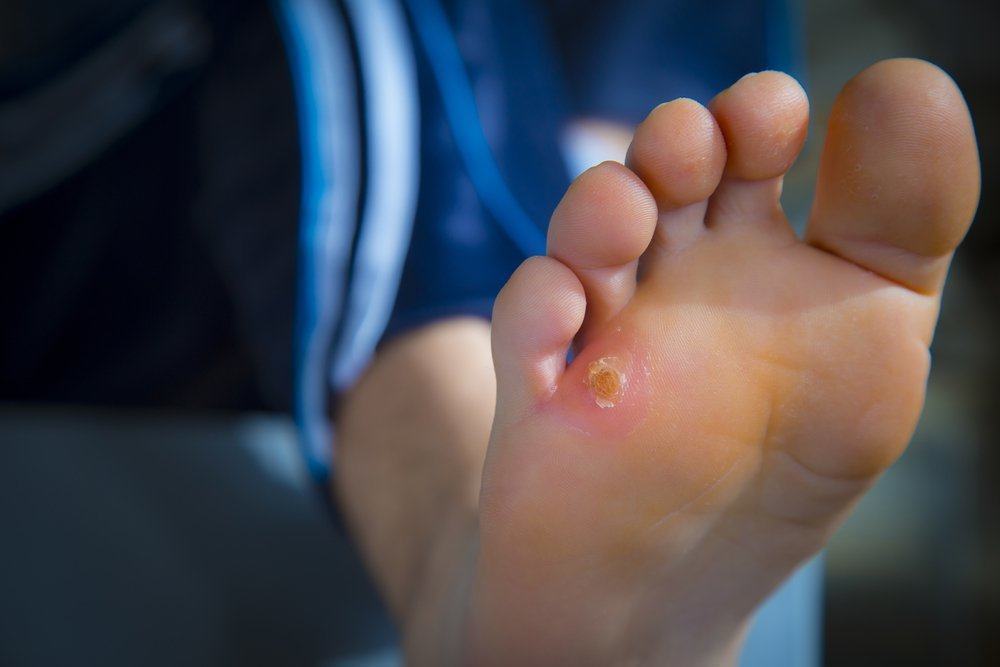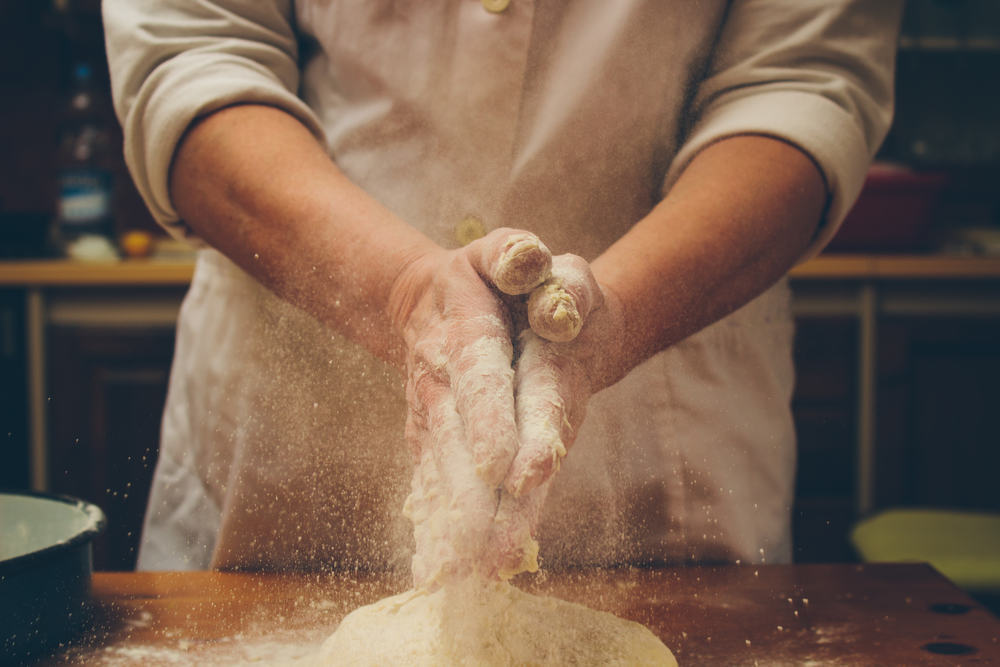Contents:
- Medical Video: The Complete Guide to Starting Solids
- Why wait for the age of 6 months to introduce the first solid meal?
- Guide to giving baby's first meal
Medical Video: The Complete Guide to Starting Solids
Introducing the first solid baby food ideally begins when your child has entered the age of 6 months. Even so, you may not arbitrarily follow the trend parenting on social media. Check out the baby's first feeding guide in this article.
Why wait for the age of 6 months to introduce the first solid meal?
Babies get the main nutrients they need from breast milk or formula milk until they are around 6 months old. Well, after a baby is 6 months old, breast milk alone is not able to fulfill its nutritional needs, so your child needs complementary foods other than breast milk. In addition, their intestines are better prepared to digest food and their tongue's reflexes are better.
At the age of 6 months, babies in general are also able to sit alone and hold objects or food around them so that it makes it easier for babies to eat their first solid food. Even so, age is not the only benchmark for giving her the first solid meal. Because some babies may not be ready to be given solid food due to various factors.
Always consult your pediatrician first as a consideration to see the readiness of your baby to be given his first solid meal.
Guide to giving baby's first meal
Introducing a baby's first meal takes time. That is why, you are required to be extra patient in doing so. Try not to worry too much about how much your baby will eat while still early. Because later there will be a day when your baby eats more, eats less, or may even refuse to eat at all. In general, here are some guidelines for feeding your baby first:
- Start by giving a few teaspoons of food once a day. However, try to provide different types of food every day so that the baby does not get bored quickly and is more interesting to eat the food.
- Let your baby learn to enjoy, touch, and hold his own food. If he wants, let the baby take and put the food into his mouth.
- Make sure the food you give to your little one is soft textured, easily crushed, and swallowed, thereby reducing the risk of baby choking. Remember, all foods must be soft, not spicy, and cooked well.
- Make sure you don't leave the baby alone when he is eating. This is done to anticipate that he does not choke when chewing and swallowing food.
- Do not add sugar, salt, or even honey to the food or cooking water to be consumed by the baby. Because the digestive system of your baby may not be ready to digest all these foods. So, let your child enjoy the natural taste of the food he consumes.
- Always taste the food before you give it to your little one, especially hot food.
- If you use a spoon, wait until your little one opens his mouth before you give him the food. This is because maybe your child wants to hold the spoon itself.
- Your baby doesn't always have to eat three times a day. It's better to eat small portions, but often compared to in large portions, but only occasionally.
- Avoid forcing the baby to eat the food. If the child is not interested at this time, it does not mean he will not be interested in eating later. You can try offering other meals the next day.
- Wear an apron on the baby's neck so that the clothes he wears are not dirty with food. Because your baby may be very enthusiastic about stirring up the food and polluting the surrounding area.












